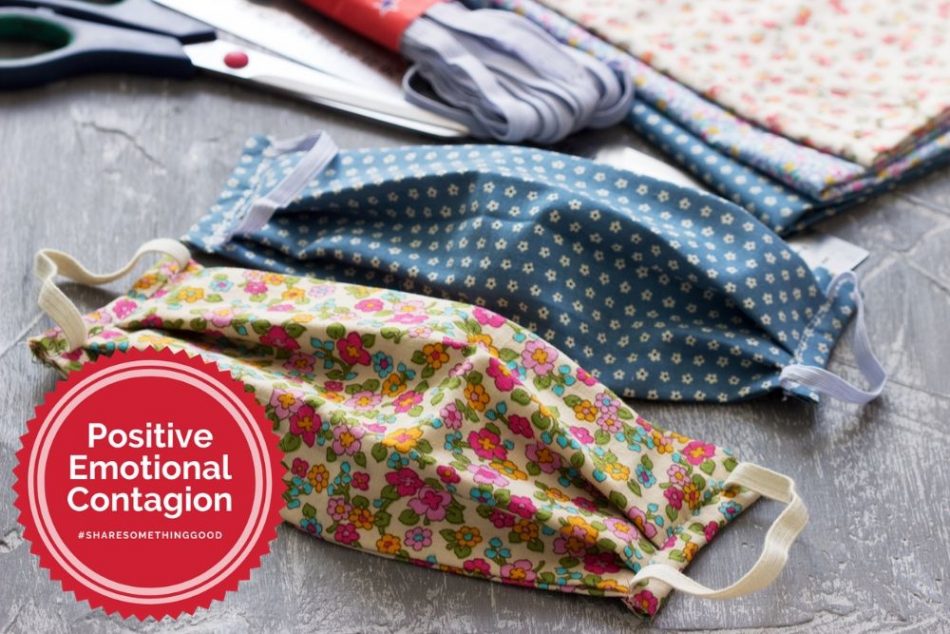Search

Desalination plants around the world produce about 27 billion gallons of drinking water each day. This drought-proof approach of converting brackish or salt water to potable water is costly because it requires a lot of energy, but new research outlines an efficient method for transforming water Read More...

Cutting out single use plastic can be tough when it seems like everything comes wrapped in it, but Nestle is piloting a new zero waste program for their products in stores in Switzerland that hopes to cut down on plastic waste. Purina cat food and Nescafé coffee are some of the products you can Read More...

It can be extremely frustrating to reach into the fridge for an avocado or handful of strawberries and find your produce pals have gone to mush. In addition to your personal disappointment and the toll on your wallet, food waste is responsible for eight percent of greenhouse gas emissions globally. Read More...

Nopal, also known as prickly pear cacti, are so common on the Mexican landscape that they are even featured on the country’s flag. The plants are used in salads, shakes, and even some tortilla recipes. Now, one innovative company is finding yet another purpose for the plant as a source of Read More...

Upcycled food is now an officially defined term, which advocates say will encourage broader consumer and industry support for products that help reduce food waste. Upcycling—transforming ingredients that would have been wasted into edible food products—has been gaining ground in alternative Read More...

“There is a great need for the introduction of new values in our society, where bigger is not necessarily better, where slower can be faster, and where less can be more.” – Gaylord Nelson On one of our regular family Zoom calls, my aunt asked me “what habits have you adopted during Read More...

Within the world of packaging, a material called chitin has been getting a lot of attention in recent years. Among other things, it's biodegradable, biocompatible, and it provides a use for seafood waste that would otherwise just end up in the landfill. Recent studies have shown that it could be Read More...

A few weeks ago we shared a story about how Amsterdam is adopting a more sustainable doughnut model economy. Restarting our economies after COVID-19 gives us the unique opportunity to institute more sustainable and equitable economic policies. Here are some economic changes we can implement to help Read More...

The CDC recommends people wear cloth face masks when venturing out for essential shopping and increasing numbers of counties are mandating that residents follow this safety precaution. If you’re making your own mask at home, here are some essential factors to consider. Virus particles are Read More...

As we shelter in place to minimize the spread of COVID-19, most of us are cooking at home more than ever. So how can you reduce food waste and ensure the food you’re consuming is safe? We have some tips. Sanitize surfaces and utensils regularly. The CDC recommends cleaning surfaces with soap Read More...
